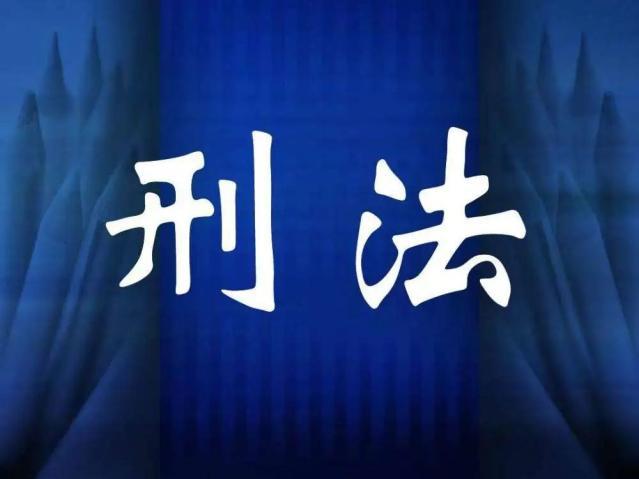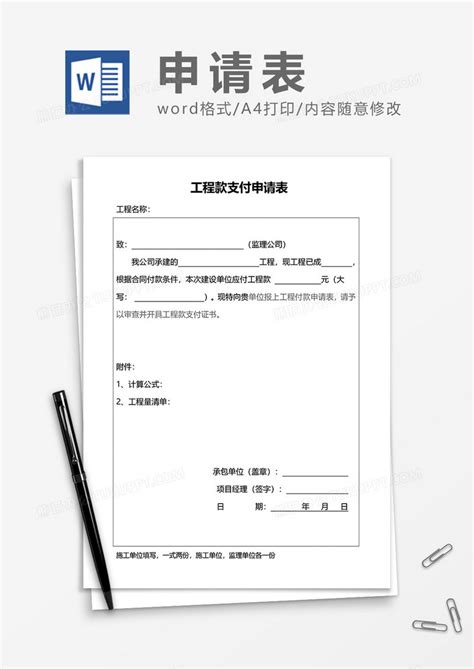中国古代法律的特点
Title: Understanding Ancient Chinese Legal System
In ancient China, the legal system was a cornerstone of governance and societal order. Rooted deeply in Confucian principles, it aimed to maintain harmony and balance within society. Let's delve into the key aspects of the ancient Chinese legal system:
The ancient Chinese legal system was heavily influenced by Confucianism, Taoism, and Legalism. Confucianism emphasized moral values and social hierarchy, advocating for the ruler's benevolence and the subject's loyalty. Taoism encouraged harmony with nature and minimal interference, while Legalism prioritized strict laws and harsh punishments to maintain order.
The earliest known legal code in China was the "Lüshi Chunqiu" (Spring and Autumn Annals of Mr. Lü), attributed to Lü Buwei in the Warring States period (475–221 BCE). However, the most famous legal code was the "Qin Code," established during the Qin Dynasty (221–206 BCE). It was characterized by its draconian laws and harsh penalties.
The judicial system was hierarchical, with magistrates at the local level handling most cases. Appeals could be made to higherranking officials, and the emperor served as the ultimate authority in legal matters. The judiciary often worked in conjunction with local administrative bodies to enforce laws.
Ancient Chinese punishments were severe and aimed at deterrence. They included various forms of corporal punishment such as flogging, amputation, and branding. Capital punishment, including beheading and strangulation, was common for serious offenses like treason and murder.
While ancient China did not have a formal system of legal precedents like modern Western law, decisions made by judges and magistrates often influenced future cases. The emphasis was on maintaining consistency and upholding the principles of justice.
Legal education was primarily reserved for aristocrats and officials who aspired to serve in the government. They studied classical texts such as the "Book of Documents" and "Book of Rites" to understand principles of governance and justice.
Over time, the legal system evolved with changes in dynasties and philosophical trends. Confucian principles remained influential throughout Chinese history, shaping not only the legal system but also governance, ethics, and social norms.

The legacy of the ancient Chinese legal system endures in modern China's legal framework. While contemporary Chinese law has evolved significantly, traces of traditional legal principles can still be found, reflecting the enduring impact of history and culture.
Overall, the ancient Chinese legal system reflected the values and philosophies of its time, aiming to maintain social order and harmony through a combination of moral guidance, strict laws, and punitive measures.











